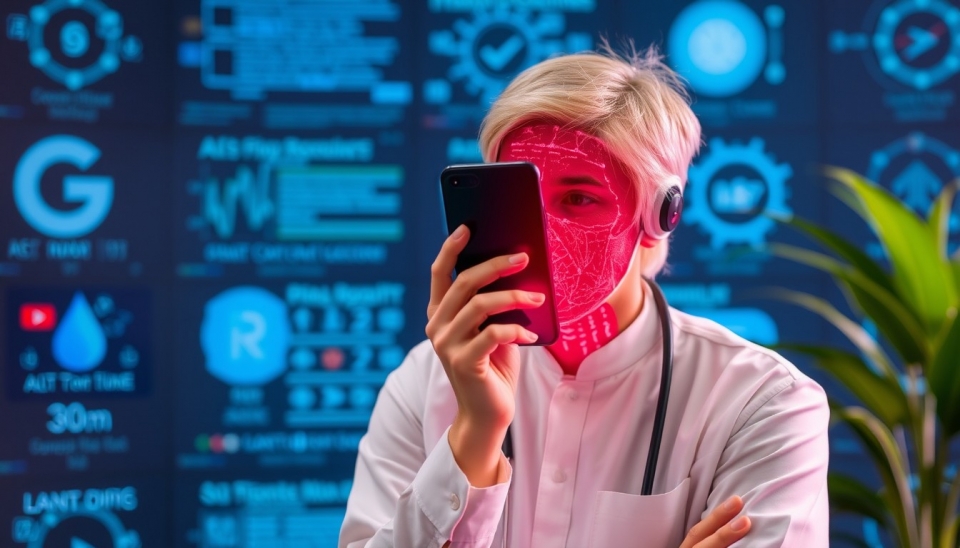Google and Others Developing AI That Can Detect Signs of Illness

Recent developments in artificial intelligence (AI) promise to revolutionize the approach to disease diagnosis. Leading tech companies, such as Google, are actively working on creating AI that can analyze sound signals to detect potential health issues in individuals. Researchers believe that this technology will be able to identify conditions such as respiratory illnesses and other critical diseases at early stages, greatly improving the quality of medical care.
The core idea lies in utilizing the sounds generated by the human organs during their functioning. Scientists plan to develop algorithms capable of accurately interpreting these sounds, thereby indicating the need for medical intervention. For example, changes in breathing rhythms or sounds emanating from the heart could serve as indicators of diseases, allowing doctors to make quicker decisions regarding treatment procedures.
More advanced technologies are also being adopted by startups developing the relevant software. This approach not only opens new opportunities for diagnosis but also eases the workload of medical staff, allowing them to focus on more complex cases that require specialized intervention. Existing technologies can be reworked and integrated into everyday medical practice, making diagnosis more accessible and quicker for patients.
However, concerns exist about the use of AI in the medical field. Some experts raise questions about the accuracy and reliability of such systems, as well as the need for detailed regulation. A significant amount of work still lies ahead before AI can replace the experience and intuition of human doctors. Nevertheless, the potential for improving disease diagnosis and treatment inspires tech companies to continue their research in this direction.
The future of medicine with AI is viewed with optimism by market participants. The emergence of such technologies could change the way we approach healthcare and how we tackle diagnostics in general. Scientific and practical research is already underway, and organizations worldwide are striving to integrate AI into the diagnostic process, which will not only enhance productivity but also help save numerous lives.




